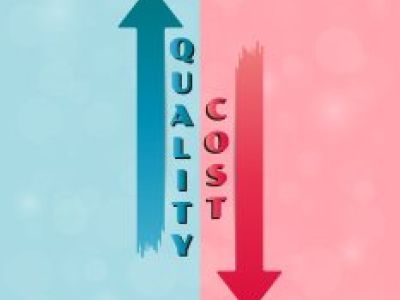Copycat (adapted from NSPE Case No. 93-1)

A consultant's attempt to encourage competition conflicts with his duty to honor the patent of another engineer.
Cooper, a registered professional engineer, has worked on the design and development of improved wastewater treatment processes and equipment, which are subsequently patented. Bellows, an environmental consultant specializing in the design of waste water treatment facilities, and his client are impressed with the new processes and equipment. However, Bellows dislikes specifying sole (which in this case would be specifying that Cooper's process is the one to use). In fact, Bellows makes a point of encouraging competition by preparing open specifications with "or equal" clauses or by specifying a performance requirement. The primary, if not the sole, purpose of Bellow's effort is to minimize cost by promoting competition.
Bellows thinks he can do one of two things. He could pattern the performance specification for open competition from the performance of the processes and equipment patented by Cooper. Or, he can contact several manufacturers and encourage them to develop processes and equipment that will accomplish the same results as those of Cooper's wastewater treatment process and equipment. In this case, he would provide the manufacturers with proposed performance specifications patterned from Cooper's processes. As an inducement, he would make a verbal commitment to include their products among "or equals" in his future specifications.
How can Bellows prepare a performance specification for open competition without infringing upon Cooper's patent? Are either of the approaches Bellows is thinking of taking appropriate?
NSPE Code of Ethics An earlier version may have been used in this case.
See the original NSPE case at: Copycat - Case No. 93-1.

